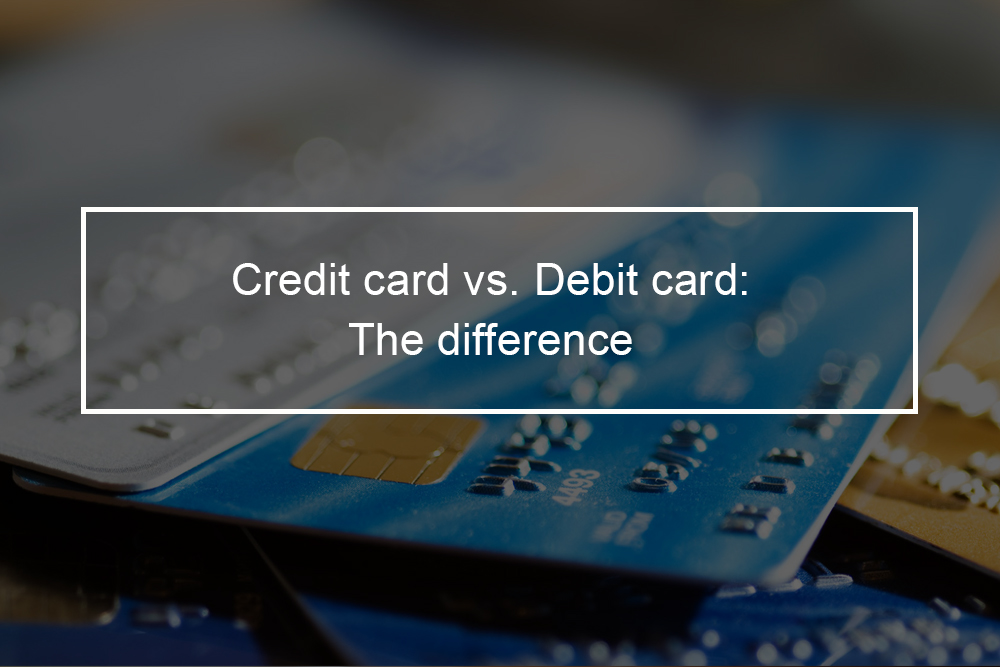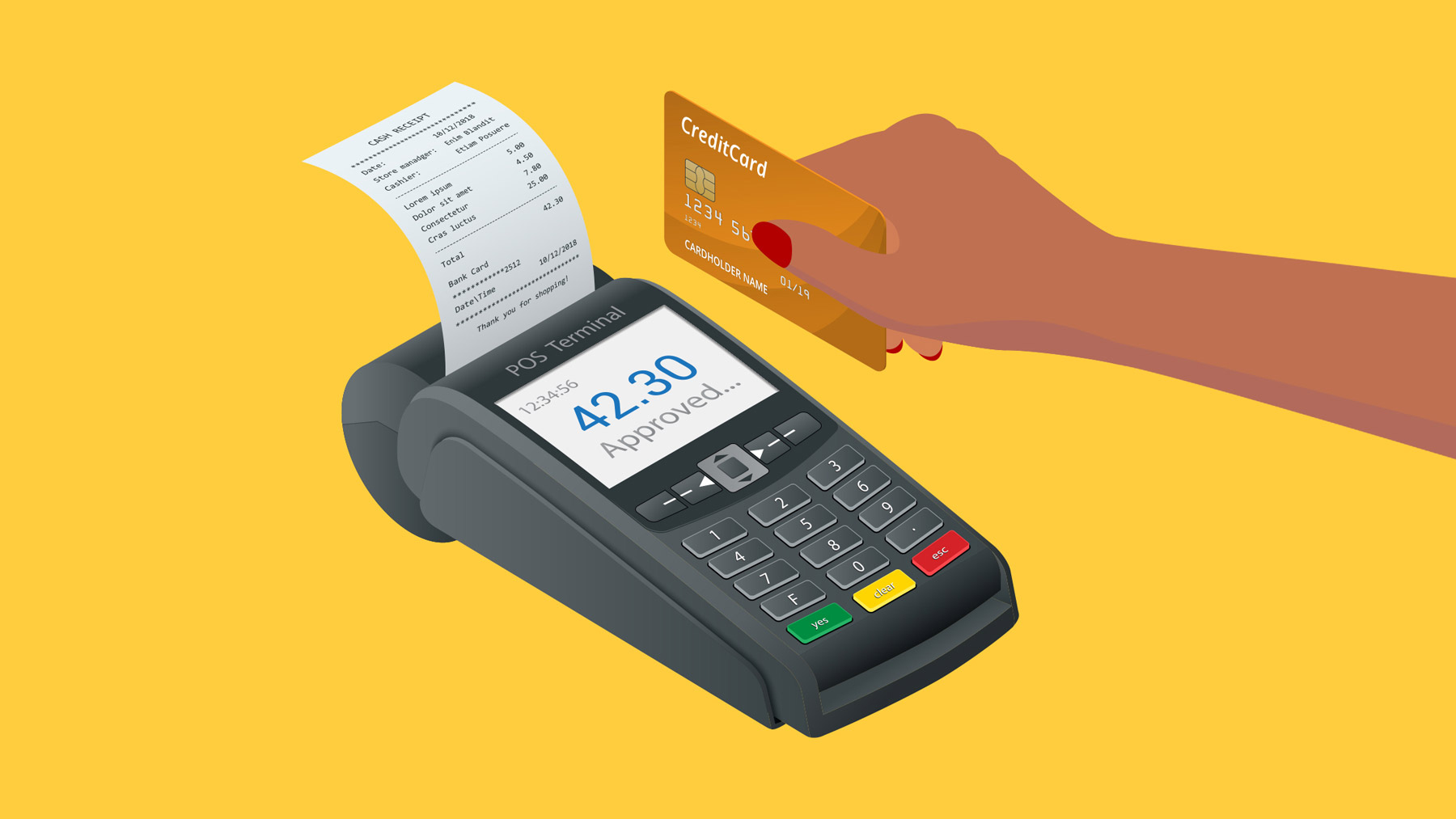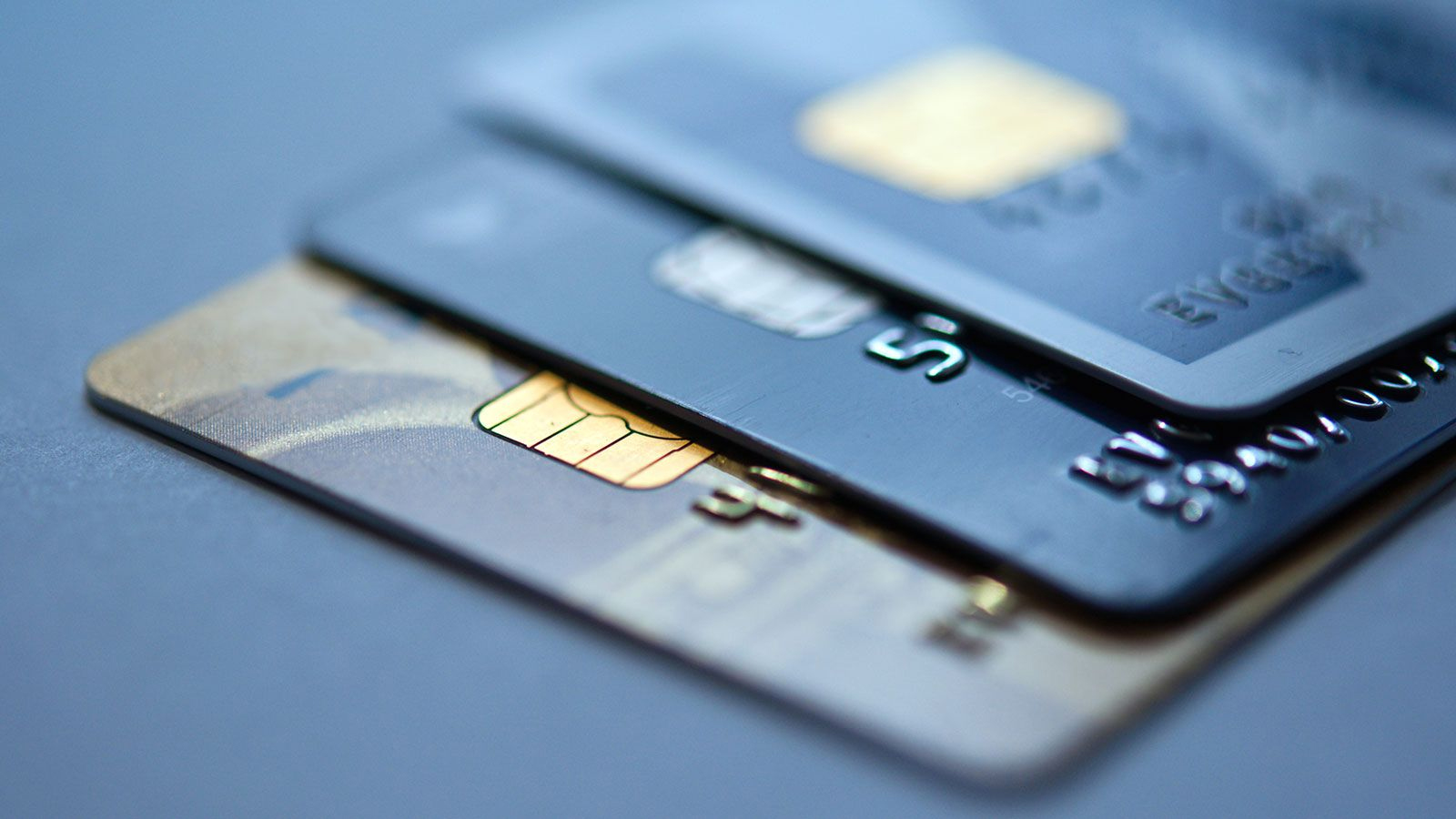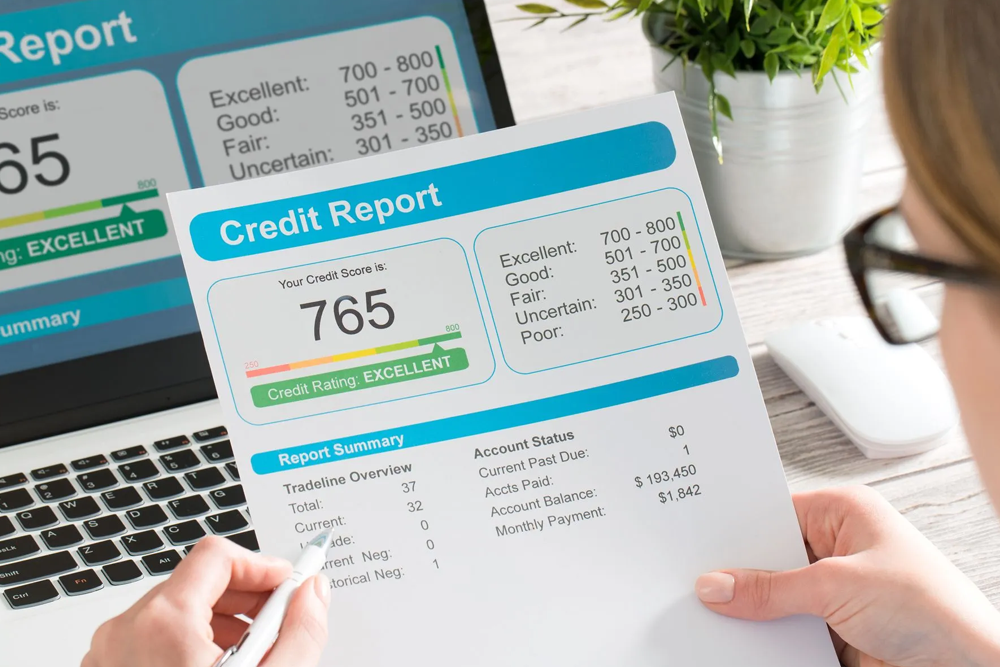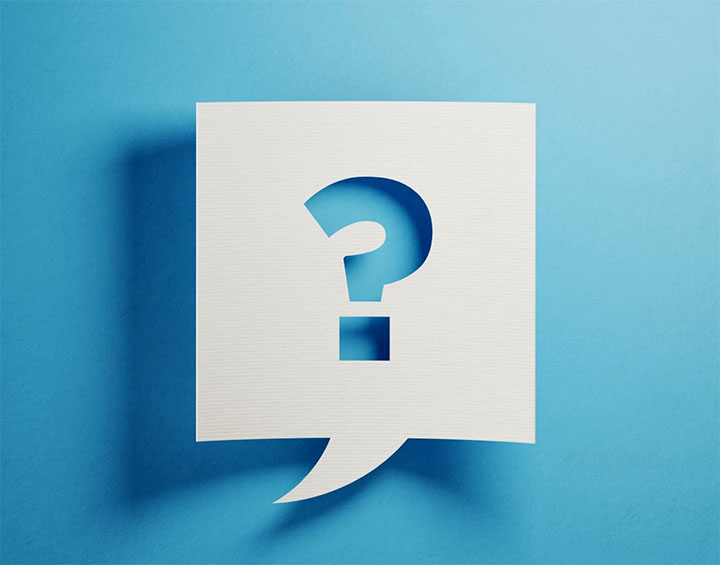Have you ever been bewildered about the difference between a debit and a credit card? It is simple to see why. Credit cards and debit cards are used in the same place. They both provide convenience and remove the need to carry cash. They even look the same. The chief difference between a credit card and a debit card account is where the cards pull the money. A debit credit card charges it to your credit line, and a debit card takes it from your banking account. A debit card might come with an overdraft line of credit connected to a customer’s checking account to cover overspending. A credit card has a particular amount of credit connected to it, and in case a client attempts to spend the credit limit, the card will be denied.
What is a debit card?
A debit card may appear like a credit card but is distinctly different than one. A bank gives a debit card to its clients for the aim of accessing funds without having to write a paper check or ensure cash withdrawal. A debit card is associated with one’s checking account and can be used anywhere credit cards are allowed. In case your debit card has a Visa logo, for instance, it can be utilized anywhere that takes Visa.
When you utilize a debit card, the bank puts a hold in the amount you have spent. Based on the purchase amount and your bank, the money will either be held by the bank for twenty-four hours or longer or go instantly out of your account. You can utilize your debit card to withdraw cash from your checking account by using a distinct personal identification number (PIN). When you utilize your debit card for a purchase, you might be asked for your PIN, or you might just be asked to sign for the purchase, similar to a credit card.
For people who are attempting to budget or not ever-extend themselves financially, a debit card associated with a checking account may be a better option than a credit card. Some debit cards are prepaid, and money is loaded onto the card by a financial institution. These cards can be utilized in the same way as a standard-issued debit bank card. Nonetheless, prepaid cards are just that, prepaid, and they are not tied to a person’s checking account.
What is a credit card?
A credit card is a card that enables you to borrow money against a line of credit, otherwise called the card’s credit limit. You use the card to make underlying transactions, which are shown on your bill; the bank will pay the merchant, and later, when you receive the bill, you pay the bank. Interest will be charged on your purchases. To avoid paying interest, do not carry a balance over from one month to another. Credit cards come with high-interest rates, and your credit payment history and balance impacts your credit score.
Other facts about credit cards
- The bank decides your credit limit depending on your credit history
- You will owe interest on your purchases in case not paid off in 30 days
- Typically, you no longer have to sign for in-person credit card purchases
What is the difference between a debit card and a credit card?
Debit cards make it more challenging to overspend since you are limited to only the amount accessible in your checking account. But with a credit card, you can run the threat of spending beyond your means. Just because your credit limit is $2,000, it does not mean you can afford that sort of spending in your monthly budget. Besides, debit cards provide the same convenience as credit without the need to borrow money or pay interest or charges on your purchases. Selecting a debit is great for managing your money and assisting you to live within your means.
On the other hand, some credit cards provide extra insurance on purchases and can make it simpler to request a refund or a return. Nonetheless, most organizations are decreasing or withdrawing these benefits. By definition, all credit cards are debt tools. Whenever someone utilizes a credit card for a transaction, the cardholder is typically just borrowing money from an organization, since the credit card user is still obligated to repay the credit card organization.
On the other hand, debit cards are not debt tools since whenever someone utilizes a debit card to make a payment, that individual is really just tapping into his or her bank account. Except for any linked transaction costs, the debit user does not owe money to any external party; the purchase was made with his or her own accessible funds. Nonetheless, the distinction between non-debt and debt tools becomes blurred in case a debit card user decides to adopt overdraft protection. In this situation, whenever an individual withdraws more money than is accessible in his or her account, the bank will pay the outstanding amount. The bank account-holder is then bound to repay the account balance owed and any interest charges that apply to utilize the overdraft protection.
Overdraft protection is created to prevent embarrassing cases, like bounced checks or reduced debit transactions. Nonetheless, this protection does not come easy; the interest rates charged by banks for applying overdraft protection are as high, in case not higher, than the ones linked with credit cards. Thus, using a debit card with overdraft protection can result in debt-like consequences. Lastly, credit cards can assist you to cover an emergency, offering you a month to raise the cash before the bill comes due. This safety net should be useful in case you find yourself requiring to pay for something big before a check comes in; however, beware: based on credit for emergency spending sets you up for costly interest in case you can not pay in full by the due date. A better solution is to maintain an emergency fund on hand.
Credit card or Debit card: Choosing the best card for the situation

When trying to determine if to use a credit card or debit card, you should be honest with yourself and your ability to control credit
In case you have spending problems, it is better to utilize your debit card whenever possible, to protect yourself from falling into credit card debt. Selecting the best card to use is also based on the purchase. Some hotels and rental agencies make using a debit card hard, or at least inconvenient. For instance, they might need utility bills, pay stubs, personal references, or even proof of ability to pay before they accept your booking. You can find using a credit card to be less challenging.
Using a credit card may also be the better alternative in case you want to take advantage of credit card reward programs. But this system only operates in your favor in case you pay off the balance in total every month. In case you are trying to improve your credit score, choose to utilize your credit card infrequently. Paying your bills on time and making charges will build a record of responsible, creditworthiness habits, which is given an account to the credit bureaus and shows on your credit report.
Remember that identity theft and fraud are threats to shield against whether you select debit or credit card. That is why it is essential to know what protections are included with your card. In case your credit card or debit card information has been compromised, contact your bank instantly. Most banks have a twenty-four-hour hotline you can call. The sooner you call, the better. Debit and credit cards might appear similar, but their functionalities and uses are very different. Understanding when and how to use both of them can assist you in creating a more substantial credit history while keeping your debt levels down.

